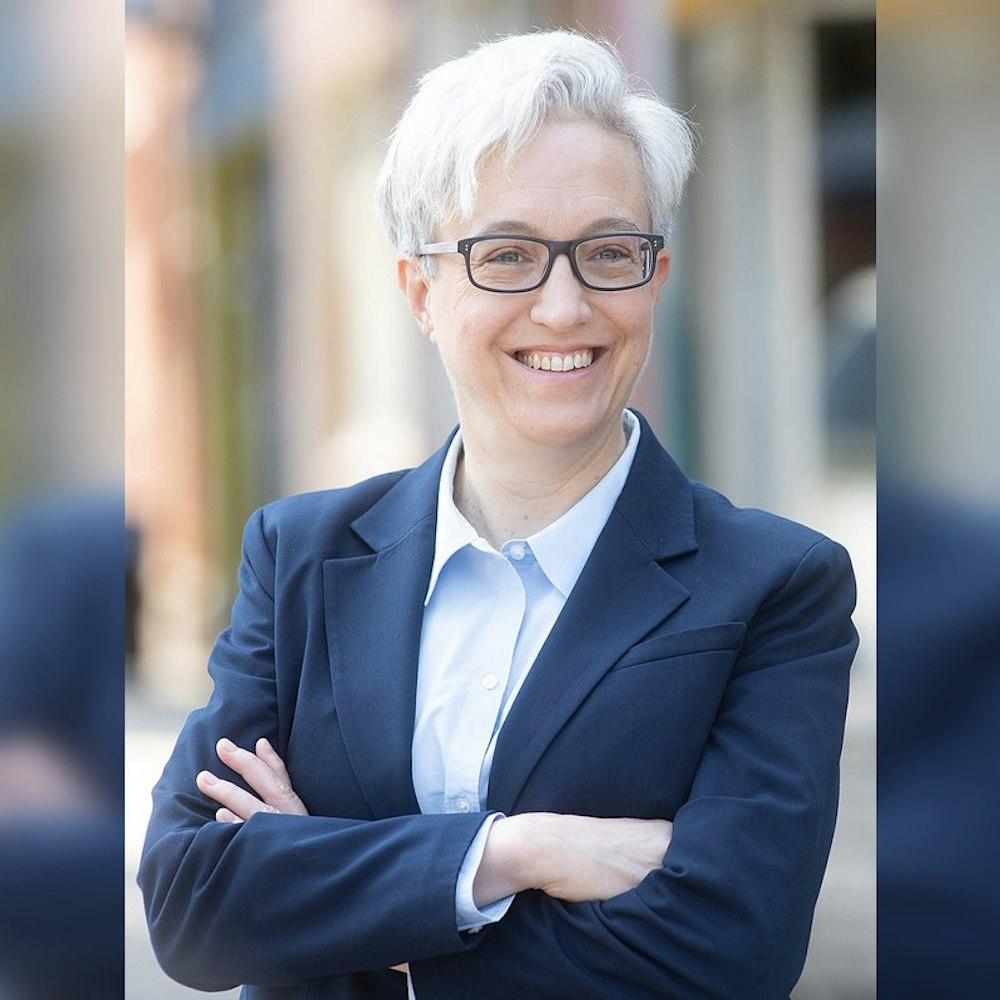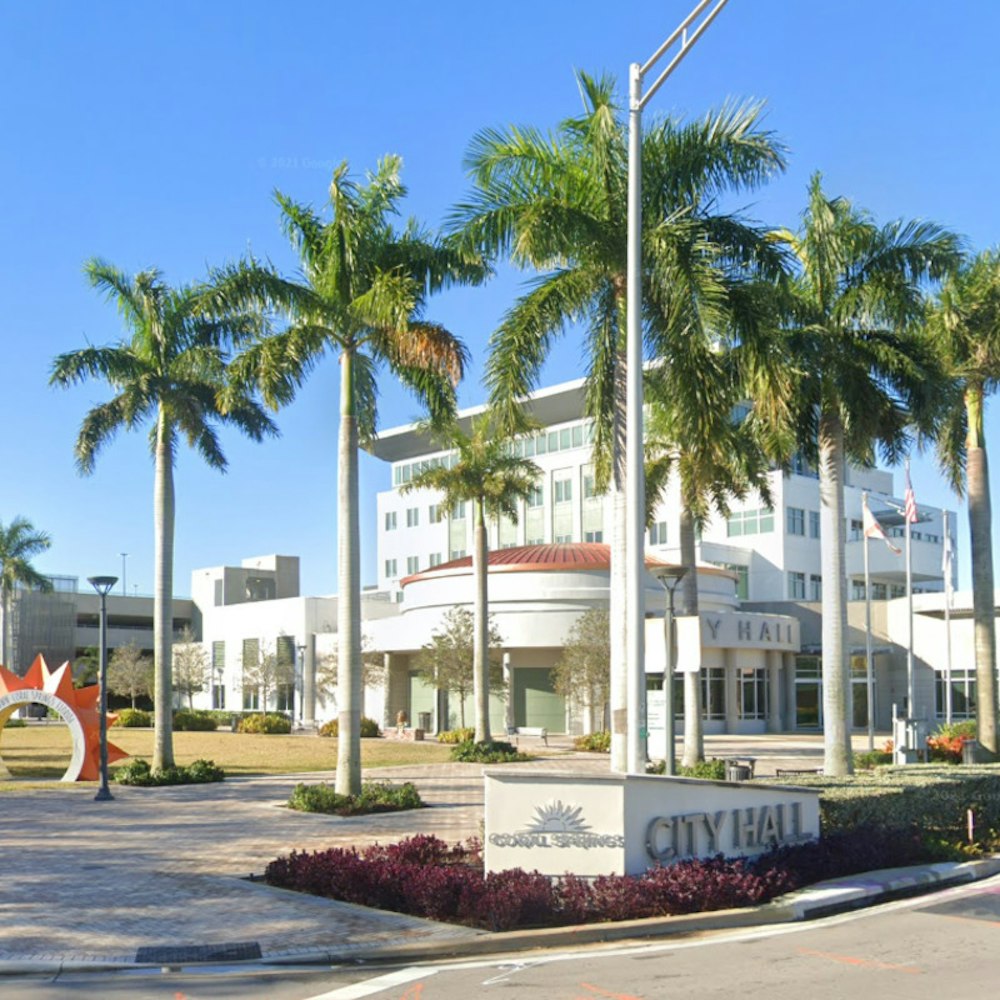
Austin's initiative to foster fiscal stability for its residents amidst soaring rents and inflation is gaining positive traction. A "guaranteed income" program is putting $1,000 per month into the hands of families in need, to keep them afloat in one of America's fastest-growing cities. This pilot, which benefitted 135 families, was a study by The Urban Institute and revealed that participants primarily funneled this financial aid into rent, sustenance, and healthcare, as reported by KVUE.
Meanwhile, the Austin cityscape is experiencing a change. The Development Services Department recorded just 12 applications within the first month of the HOME initiative's launch, per information provided by the Austin American-Statesman. This program, part of a larger effort to loosen housing regulations, seeks to counterbalance the city's displacement concerns, primarily in the Eastern Crescent, and provide more housing options for middle-income earners.
Of those 12 applications, a significant number, five, came from District 1 in Northeast Austin, according to the Austin American-Statesman. These applications lean towards constructing additional living units on existing properties, potentially diversifying Austin's housing stock and offering alternate forms of residency in predominantly single-family zoned areas. Just one of these applications is pushing the envelope with a proposal to erect a duplex on the northeastern side of the city.
General contractor Albert Garcia, who's affiliated with Luna Homes, shared with the American-Statesman, "There are two sides to everything." He's at the helm of one such HOME initiative project and narrates a responsible view on development, acknowledging both the benefits and the potential risks involved. Echoing this sentiment, Ivanna Neri, Senior Director of Partnerships for the nonprofit Up Together, pinpointed that, through their program, "people were prioritizing spending on things like housing, basic needs, health care." The city plans to roll out another chapter of this program in the spring, hoping to rope in another 85 families into the fold of financial relief.









